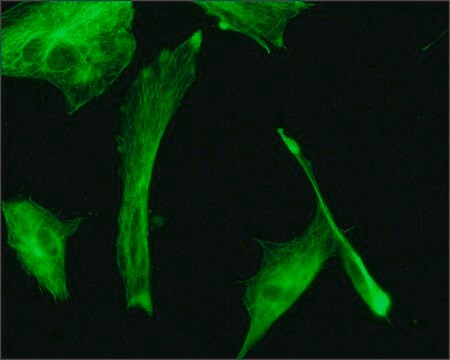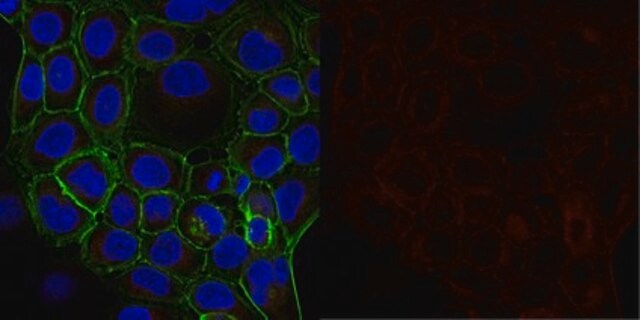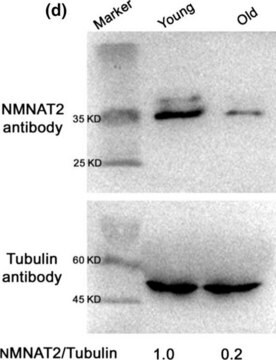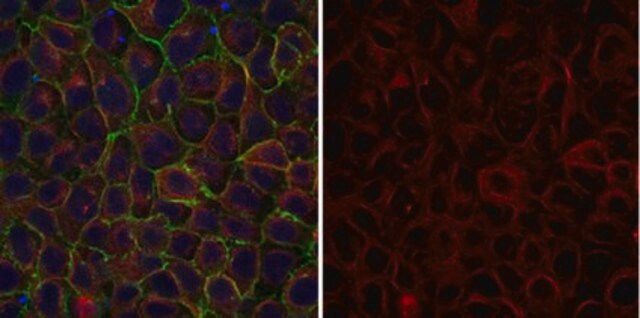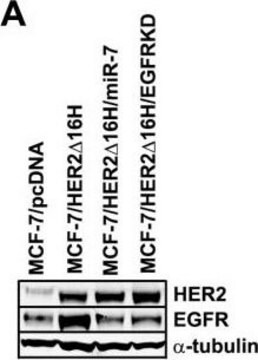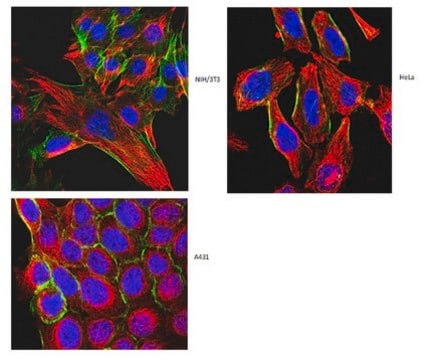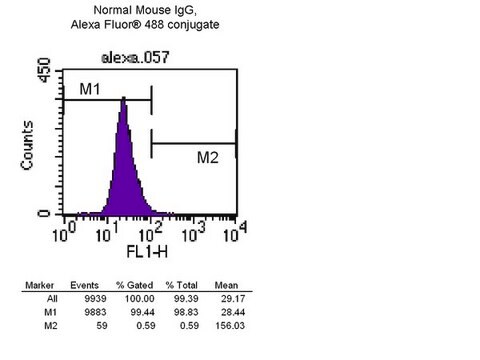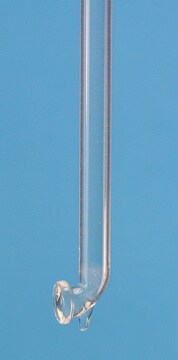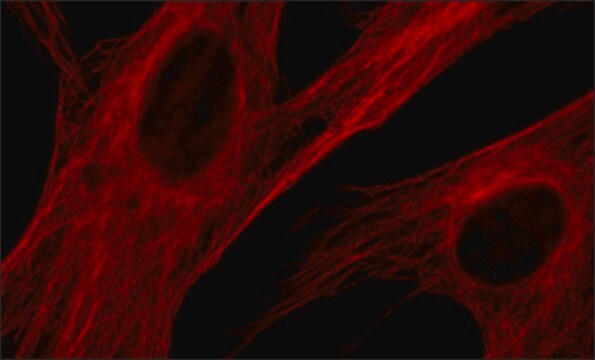05-829X-555
Anti-α-Tubulin Antibody, Alexa Fluor™ 555 conjugate
clone DM1A, from mouse, ALEXA FLUOR™ 555
Synonym(s):
Anti-B-ALPHA-1, Anti-LIS3, Anti-TUBA3
Select a Size
Select a Size
About This Item
Recommended Products
biological source
mouse
Quality Level
conjugate
ALEXA FLUOR™ 555
antibody form
purified immunoglobulin
antibody product type
primary antibodies
clone
DM1A, monoclonal
species reactivity
pig, guinea pig, human, avian, mouse, bovine, rat
manufacturer/tradename
Chemicon®
Upstate®
technique(s)
immunofluorescence: suitable
isotype
IgG1
Specificity
Immunogen
Application
Cell Structure
Cytoskeleton
Quality
Target description
Physical form
Storage and Stability
Legal Information
Disclaimer
Unless otherwise stated in our catalog or other company documentation accompanying the product(s), our products are intended for research use only and are not to be used for any other purpose, which includes but is not limited to, unauthorized commercial uses, in vitro diagnostic uses, ex vivo or in vivo therapeutic uses or any type of consumption or application to humans or animals.
Not finding the right product?
Try our Product Selector Tool.
Storage Class
10 - Combustible liquids
wgk_germany
WGK 2
Certificates of Analysis (COA)
Search for Certificates of Analysis (COA) by entering the products Lot/Batch Number. Lot and Batch Numbers can be found on a product’s label following the words ‘Lot’ or ‘Batch’.
Already Own This Product?
Find documentation for the products that you have recently purchased in the Document Library.
Our team of scientists has experience in all areas of research including Life Science, Material Science, Chemical Synthesis, Chromatography, Analytical and many others.
Contact Technical Service